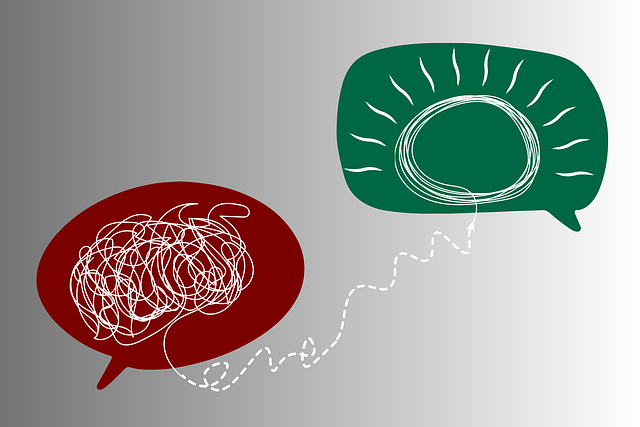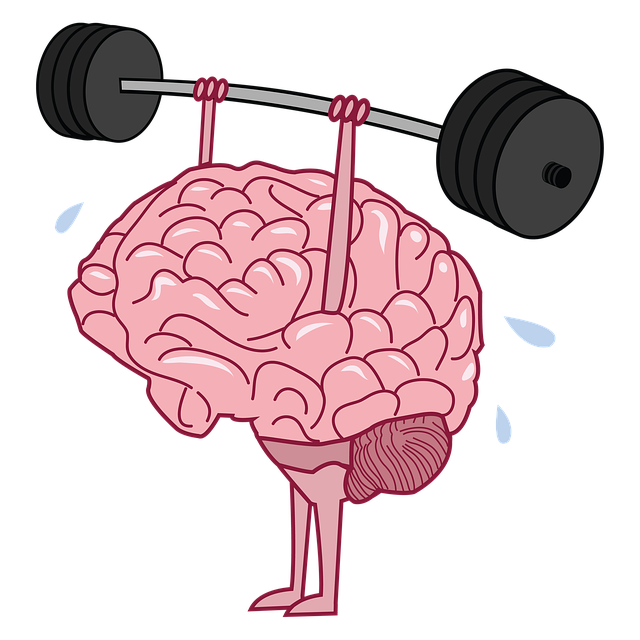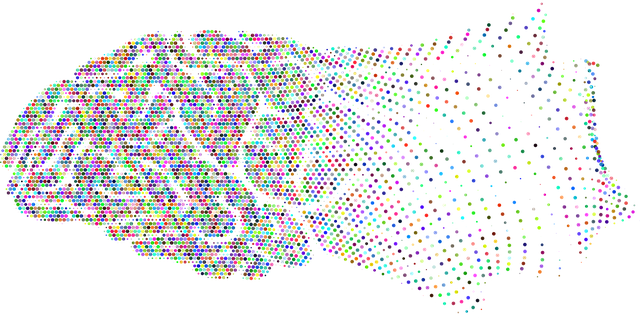Denver Christian Counseling Therapy (DCCT) emphasizes that building resilience isn't about avoiding hardships but equipping individuals with tools to cope effectively. Using the Resourceful Front Line Management (RFM) model, DCCT focuses on resources, strengths, and goals to enhance mental fortitude and prevent burnout among both clients and therapists. Exercises include mindfulness practices, stress management, and positive thinking to empower clients to navigate life challenges and improve overall well-being. Success is measured through both quantitative and qualitative methods, ensuring the program's effectiveness in fostering lasting positive changes.
In today’s challenging world, building resilience is crucial for navigating life’s storms. This article explores how the RFM (Resources, Strengths, and Goals) model, tailored for the unique context of Denver Christian Counseling Therapy, can foster personal growth and enhance well-being. We delve into practical exercises designed to strengthen clients’ resources, leverage their strengths, and set meaningful goals. By integrating these strategies, therapists in Denver Christian Counseling Therapy practices can help individuals build resilience, ensuring they emerge stronger from life’s challenges.
- Understanding Resilience: The Cornerstone of Well-Being
- RFM (Resources, Strengths, and Goals) Model: A Framework for Personal Growth
- Integrating RFM into Denver Christian Counseling Therapy Practice
- Designing Resilience-Building Exercises: Practical Applications
- Measuring Success: Evaluating the Impact of RFM Implementation
Understanding Resilience: The Cornerstone of Well-Being

Resilience is a fundamental aspect of well-being that enables individuals to navigate life’s challenges and adapt to change. At Denver Christian Counseling Therapy, we understand that cultivating resilience is essential for mental health awareness and overall personal growth. The ability to bounce back from adversity, learn from difficult experiences, and maintain a sense of hope and optimism is at the core of our trauma support services.
Building resilience isn’t about avoiding hardships; instead, it’s about equipping individuals with the tools and strategies to cope effectively. Through various exercises and therapeutic techniques, Denver Christian Counseling Therapy aims to empower clients to foster mental fortitude, enhance coping mechanisms, and develop a positive outlook. This process includes learning to manage stress, regulating emotions, and cultivating a growth mindset—all of which contribute to long-lasting anxiety relief and improved life satisfaction.
RFM (Resources, Strengths, and Goals) Model: A Framework for Personal Growth

The RFM Model offers a powerful framework for personal growth and resilience building. Standing for Resources, Strengths, and Goals, this approach encourages individuals to identify and leverage their strengths to achieve meaningful objectives while navigating life’s challenges. By focusing on these three key areas, the model promotes self-awareness exercises that foster positive thinking and help prevent burnout, especially among healthcare providers in Denver Christian Counseling Therapy settings.
Understanding one’s resources—both internal and external—is crucial for setting realistic goals. For instance, a therapist might recognize their expertise as a significant resource to support clients’ mental health journeys. Simultaneously, recognizing strengths like empathy or active listening enables individuals to draw on these when facing obstacles, whether in personal life or professional settings like Burnout Prevention Strategies for Healthcare Providers.
Integrating RFM into Denver Christian Counseling Therapy Practice

In the realm of Denver Christian Counseling Therapy (DCCT), integrating the Resourceful Front Line Management (RFM) framework is a game-changer for building resilience among clients and therapists alike. RFM, a strategy deeply rooted in risk management planning for mental health professionals, focuses on proactive measures to enhance self-care practices and prevent burnout, which are crucial aspects of maintaining a healthy counseling practice. By incorporating these principles, DCCT can foster an environment that not only supports the well-being of therapists but also strengthens their ability to assist clients in managing stress and adversity.
This approach involves designing mental health education programs that teach both therapists and clients practical self-care strategies. Such programs can include mindfulness techniques, stress management skills, and emotional resilience training. By equipping individuals with these tools, DCCT aims to create a supportive ecosystem where self-preservation and mental fortitude are prioritized, ultimately reflecting in the quality of counseling services offered.
Designing Resilience-Building Exercises: Practical Applications

When designing resilience-building exercises for individuals seeking Denver Christian Counseling Therapy, it’s essential to create activities that promote self-awareness and coping strategies tailored to their unique needs. These exercises should be practical and applicable to everyday life, focusing on skills like emotional regulation, stress management, and positive thinking. For instance, incorporating mindfulness practices such as meditation or guided imagery can enhance self-awareness and mental health awareness among clients.
The exercises should also foster a sense of control and personal power, encouraging individuals to confront and overcome challenges in their lives. By integrating these activities into therapy sessions, counselors at Denver Christian Counseling Therapy can empower clients with the tools necessary for building resilience, enabling them to navigate life’s storms with greater ease and confidence.
Measuring Success: Evaluating the Impact of RFM Implementation

Measuring success is a vital aspect of implementing any program, and RFM (Resilience, Flexibility, and Mindfulness) is no exception. At Denver Christian Counseling Therapy, we recognize that evaluating the impact of our programs is crucial to ensure we’re fostering meaningful change in our community. By integrating self-care practices and burnout prevention strategies for healthcare providers, we aim to create a sustainable effect.
Our approach involves both quantitative and qualitative assessments. We track key performance indicators (KPIs) such as participant attendance, engagement levels, and reported improvements in mental well-being over time. Additionally, we collect feedback through surveys and interviews, delving into personal stories of resilience building and how these exercises have positively influenced their lives. This comprehensive evaluation ensures that our Community Outreach Program Implementation truly makes a difference, offering lasting benefits beyond the initial sessions.
The implementation of the RFM model in Denver Christian Counseling Therapy has demonstrated its potential to enhance clients’ resilience and overall well-being. By focusing on resources, strengths, and goals, therapists can empower individuals to navigate life’s challenges more effectively. Through tailored resilience-building exercises, practitioners can help clients develop practical coping strategies, fostering a sense of agency and emotional robustness. The successful integration of this model not only enriches the therapeutic process but also ensures that Denver Christian Counseling Therapy remains at the forefront of evidence-based practices, offering transformative support to those seeking personal growth and recovery.














